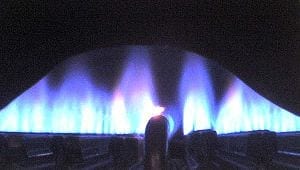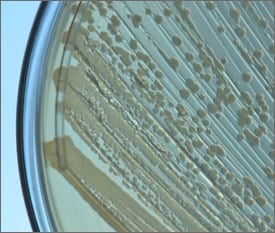Fracking in Texas’s Eagle Ford Shale has used up to 13 million gallons of water per well
Of all the troubles with fracking, the biggest—and growing—challenge seems to be what to do with all those millions of gallons of water contaminated with frack chemicals, leached minerals and salts.
Fracking, or hydraulic fracturing, is the process of drilling sideways into subterranean shale and blasting it open with millions of gallons of water to release natural gas. The process has spread from Texas to Arkansas to Pennsylvania and criticism on the water front, thus far, has tended to focus on whether industry discloses the kinds of chemicals it uses mixed up in those millions of gallons of H2O.
Now the sustainability think tank Pacific Institute, in a report released on June 21 on water issues of fracking, says fracking’s water woes aren’t confined to just the precise chemicals involved but extend to ensuring wells don’t permit aquifer contamination or whether freshwater is plentiful enough to support the industrial process. There are also the human health and environmental concerns about wastewater spills.
via Scientific American – David Biello
The Latest Streaming News: Fracking Wastewater updated minute-by-minute









